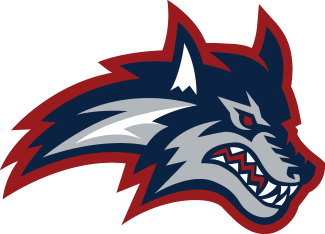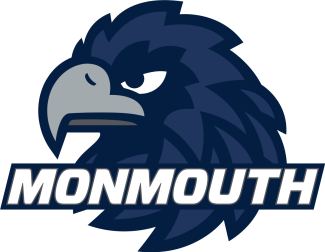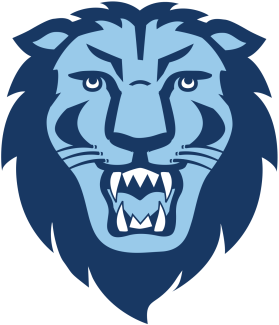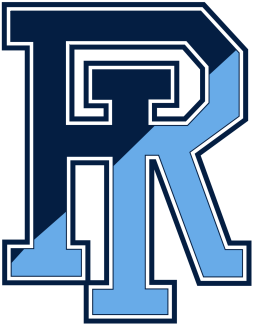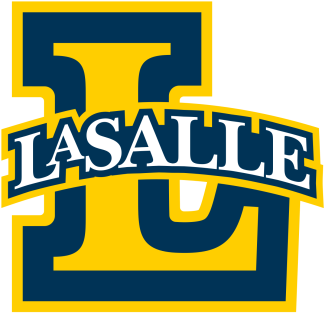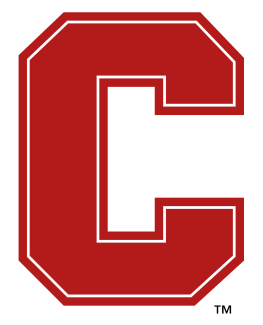The [Catholic vs. convicts post], I don’t know that kid from anyone. I bet he’s not a bad kid. But the fact that he didn’t get that that post was so backward and not OK and not funny, it’s crazy. The deeper problem with this new generation is that a lot of the Nation United kids liked that post.
I don’t think we’re as far as we think we are in our progress. I still hear N-bombs in college games. The fact that Chazz [Woodson] and I put together an all-black team in 2013, and we were getting significant pushback from people, it’s crazy. What would be the issue with that?
“An all-black team, is that really promoting diversity?” Yes? You would think so. It’s a lot of people that I trust and respect, but that was eye-opening for me. There’s a reason we’re not moving very quickly. There’s a reason we aren’t much better.
Jovan Miller posed a question at [the US Lacrosse] convention — how could he look a black kid with good conscience in the face and say, “You’re going to get called the N-word, you’re going to feel isolated, you might feel discriminated against, but you should do it? How do you tell a kid to do it?”
I didn’t have an answer, because I’m not sure. I would tell them that we hope we progress and I hope it changes, but I can’t guarantee you’re going to have my experience.
We’re in a cool spot because this generation right now wants to see change. More so than ever, we have a lot of legitimate guys with voices and platforms and they want to stir the pot. Our group is going to change this thing, somehow, someway, because we’re all passionate about it.






